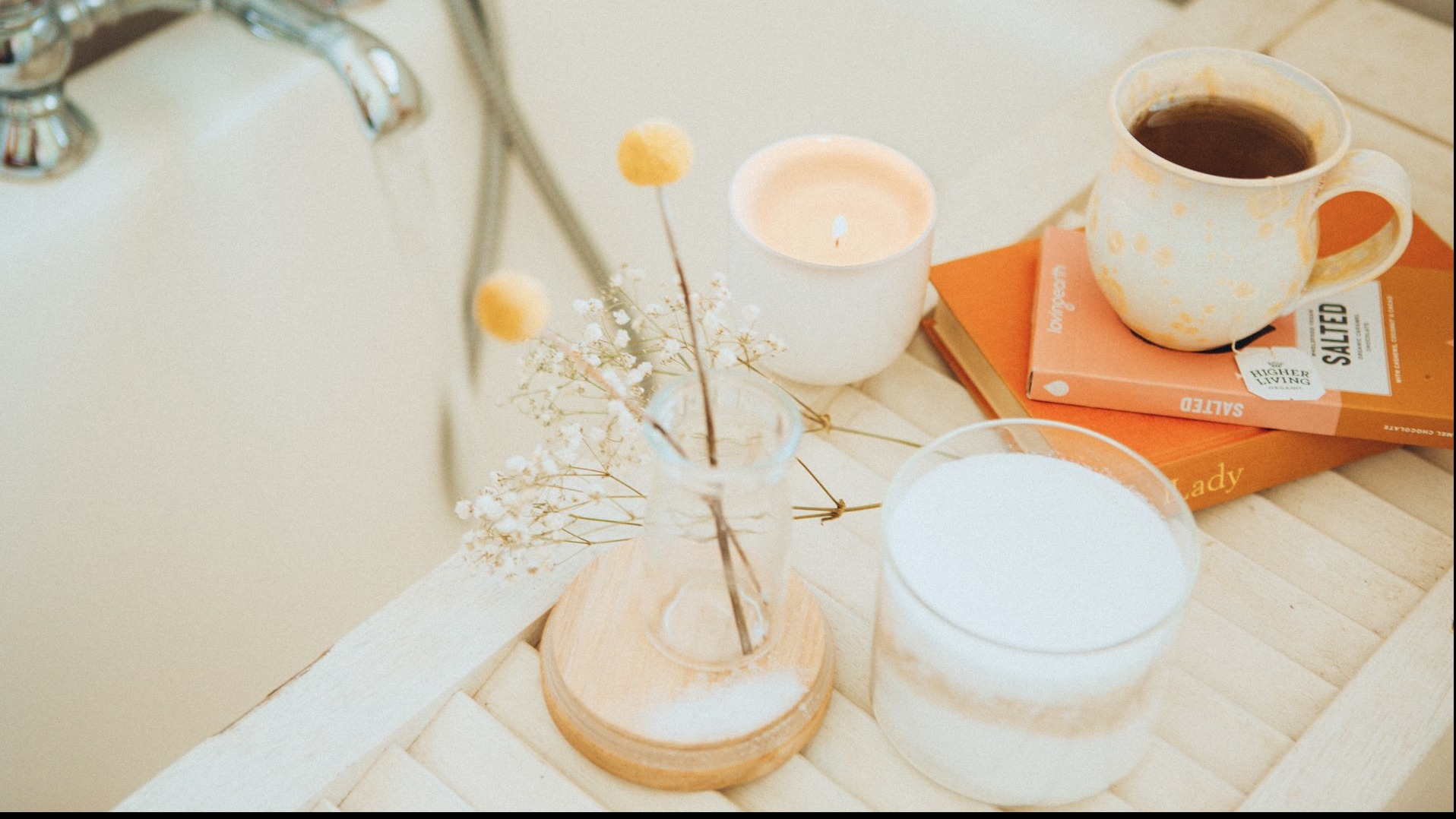How to Build a Self-Care Routine That Works. (Without the Guilt)

Why Self-Care Isn’t Selfish
If you’ve ever felt guilty for putting yourself first or taking a break, you’re not alone. Many women, especially in midlife, find it hard to prioritise their own needs while juggling work, relationships and family. But self-care isn’t a luxury, it’s what keeps you functioning at your best.
True self-care is about meeting your body’s and mind’s needs with compassion and consistency. It’s not about spa days or perfection. It’s about small, meaningful actions that replenish your energy, calm your mind and restore your balance.
Reframing Self-Care as Essential
The first step toward a sustainable routine is changing how you think about self-care. It’s not indulgent, it’s intelligent. When you take time to rest, refuel and reset, you show up more effectively for everything else in your life.
Start by recognising that you deserve care and rest just as much as anyone you support. Whether it’s a few minutes of quiet, a healthy meal or saying no to an extra commitment, these simple actions help prevent burnout and protect your mental health.

Creating a Self-Care Plan That Fits You
A good self-care plan is personal, it works with your lifestyle, not against it. It helps you focus on what truly matters and avoids adding extra pressure.
Here’s how to start building one that works:
1. Reflect on what you need most right now. Ask yourself what drains you and what restores you. Maybe it’s better sleep, more time outdoors, or less screen time.
2. Choose one small habit to start. Begin with something manageable; five minutes of stretching, a short walk or journaling before bed.
3. Build around five key pillars: nutrition, movement, sleep, stress management and joy. These are the foundations of balance and energy.
4. Keep it flexible. Your needs will change through different seasons of life. Give yourself permission to adjust as needed.
When self-care feels natural and doable, it becomes a steady part of your routine, not another chore.
Setting Boundaries Without Guilt
Boundaries are the backbone of self-care. Without them, your time and energy can be drained by obligations, expectations and guilt.
Learning to say no isn’t about shutting people out, it’s about protecting what keeps you well. Boundaries help you show up as your best self, rather than a burnt-out version trying to please everyone.
Start small:
- Instead of saying “I can’t help with anything,” try, “I’m available on Thursday, but I need the rest of the week to recharge.”
- Use calm, confident “I” statements such as “I need time to rest tonight” or “I can help later this week.”
- Notice how your body feels when you say yes to something, if it tightens or feels heavy, that’s often a sign your boundary has been crossed.
Remember, guilt is not a signal that you’re doing something wrong, it’s a sign that you’re practising something new and healthy.

Integrating Self-Care Into Daily Life
Self-care doesn’t need to be complicated. It works best when it’s woven into your day naturally. Try these ideas:
- Morning: Take a few quiet minutes before checking your phone.
- During the day: Step outside for fresh air, stretch, or take a short walk.
- Evening: Create a simple wind-down routine, dim the lights, do gentle stretches or write down what you’re grateful for.
When you treat these moments as small acts of maintenance rather than luxury, consistency becomes much easier.
Mindset Shifts for Sustainable Wellness
Let go of the all-or-nothing mentality. You don’t need to overhaul your life to see benefits. Focus on progress, not perfection.
Instead of asking, “Did I do enough today?” ask, “Did I support myself today?” That mindset change alone can reduce pressure and increase motivation.
Self-care should never be a source of guilt; it’s a commitment to living in a way that honours your energy, emotions and needs.
Protecting Your Energy Is a Form of Strength
Real self-care isn’t about bubble baths or checklists, it’s about awareness, boundaries and kindness toward yourself. When you make time for what truly nourishes you, everything else becomes easier to manage.
You deserve the same care you give to others. Start small, stay consistent and remember, your wellbeing matters.
If this message resonates, explore more articles on wellbeing, energy and balance in my Blog
Each small act of self-care brings you closer to a calmer, stronger, and more balanced version of yourself.
Further Reading
Self-care: 4 ways to nourish body and soul - Harvard Health